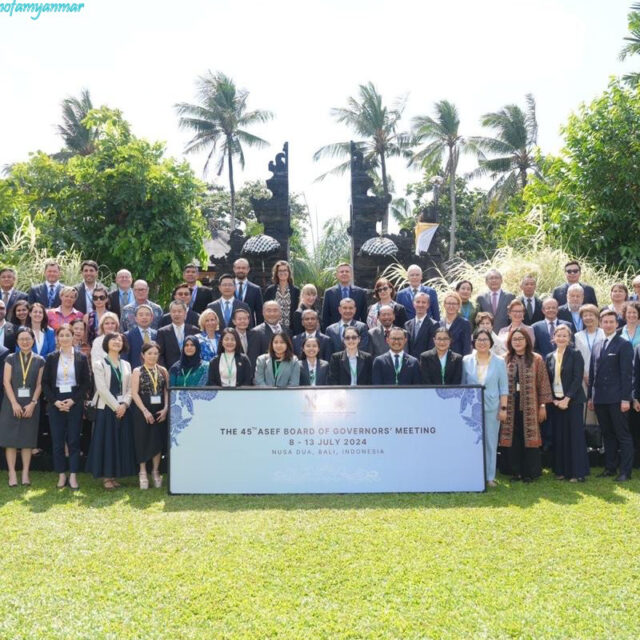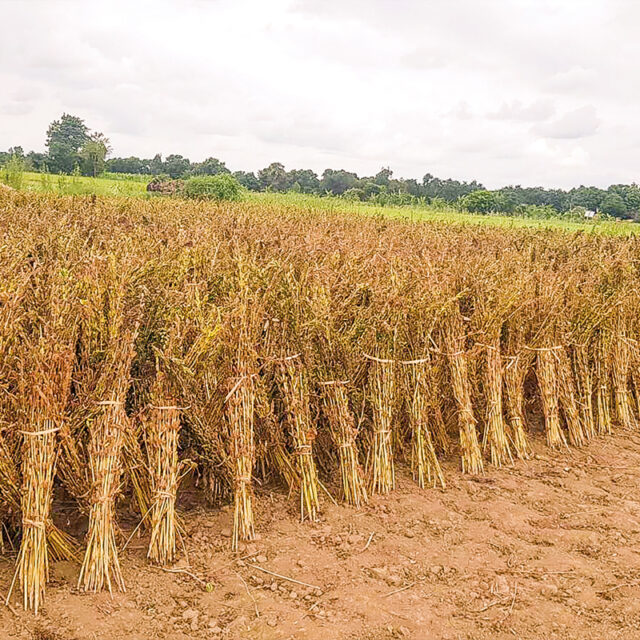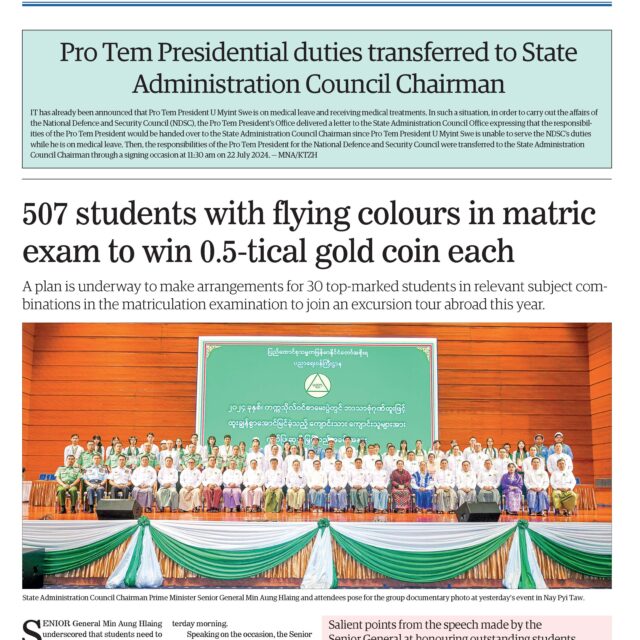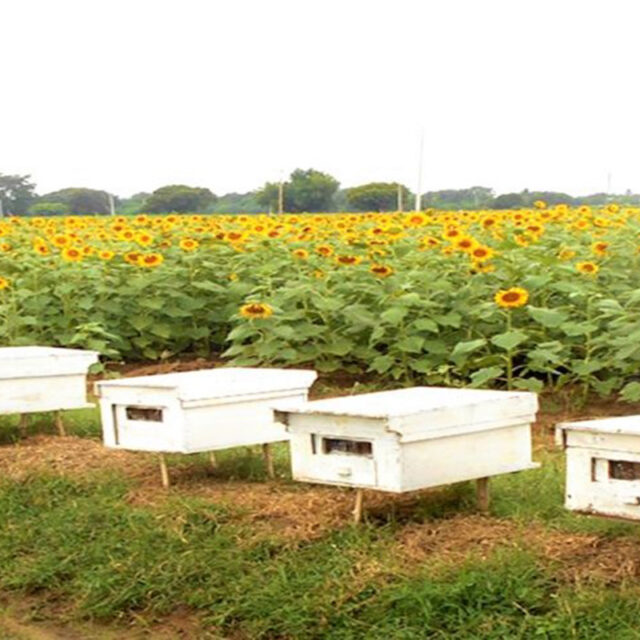Wildlife smuggling remains a significant issue despite efforts by governments to combat the illegal trade of animals and their products. Unscrupulous individuals and businesses exploit remote areas and establish illegal trade routes to commit wildlife trafficking.
Illegal wildlife trade is a major global crime, ranking fourth after narcotic drugs, human trafficking, and arms smuggling. It is closely linked to other serious criminal activities such as money laundering and corruption. According to the United Nations Environment Programme, the global illegal wildlife trade is estimated to be worth between $7 billion and $23 billion annually.
This illicit trade poses a severe threat to the future of wildlife across the globe. Experts have noted that since 1970, wildlife populations have halved, while the human population has doubled. Critically endangered species face a hundredfold increase in dangers due to human activities. The current situation is reminiscent of the mass extinction events in Earth’s history, with experts suggesting we are in the midst of the seventh mass extinction, driven largely by human actions. Traffickers often exploit social networks and capitalize on instability and armed conflicts to facilitate the smuggling of wildlife and their organs, especially in border regions. International reports and surveys emphasize the need for local communities to collaborate with authorities to combat this illegal trade. In Myanmar, it is crucial for citizens to work together with local authorities to eradicate wildlife smuggling and conserve the country’s natural environment.
Efforts to combat wildlife smuggling must be intensified. Governments need to enhance border controls, strengthen law enforcement, and improve regional cooperation to dismantle smuggling networks. Raising public awareness about the consequences of wildlife trafficking is also essential. By understanding the severe ecological and economic impacts of this illegal trade, communities can become more vigilant and proactive in reporting suspicious activities.
While the battle against wildlife smuggling is ongoing, a concerted effort from governments, local authorities, and communities is vital. Through increased cooperation, stricter enforcement, and heightened public awareness, it is possible to curb the illegal trade of wildlife and protect endangered species for future generations. As most of the infectious diseases from animals to humans are based on wild animals, the grey market of smuggling wildlife animals is very dangerous to society. The illegal trade of wild animals and their products may cause the loss of wildlife species in Myanmar. As such, people nationwide need to participate in eradicating the smuggling of wildlife and products with the prevention of wildlife extinction and infection of animal-borne diseases to humans.
Eradicate smuggling of wildlife animals and animal products
- July 16, 2024
- 105













